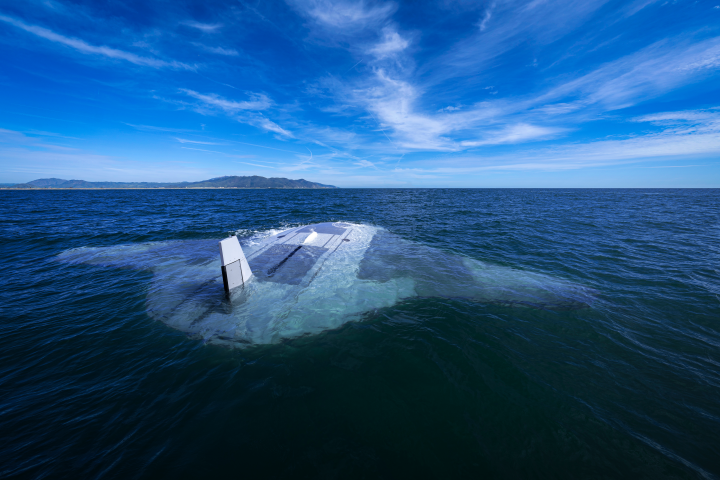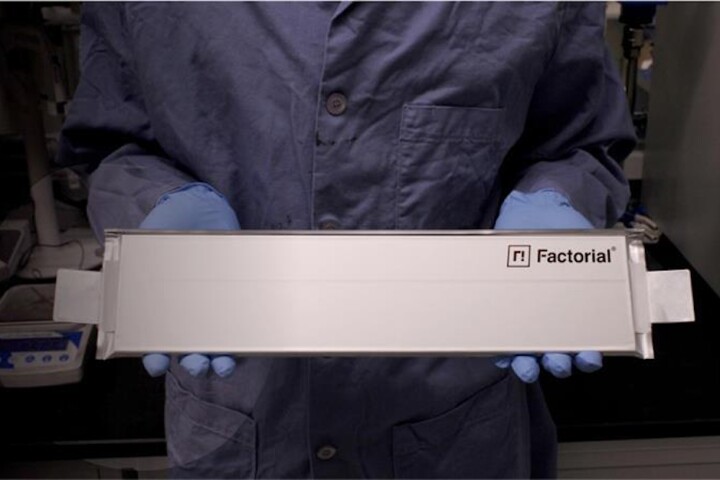Let's face it, eating a reheated pre-made meal out of small tubs with wooden or plastic cutlery while crammed in a coach seat is hardly ever going to be a fine-dining experience. But airlines are now looking to new technology in an effort to give us more of what we want, and less of the things that make us wish we'd hit the vending machine at our departure gate. It's hoped that AI will also help the airline industry reduce its shameful amount of food waste in the process.
So, what's the deal with airline food? According to a recent report, the airline industry generates an estimated 11 million tonnes of cabin waste each year, with as much as half attributed to discarded food and beverages. However, accurate figures have been hard to gather, with much guesswork going into estimates due to how waste is collected and disposed of. This same 2024 report estimated that food and drinks left on trays cost the sector more than US$5 million annually, which doesn't include waste disposal, which is estimated to be a massive $50 million.
In an effort to both make passengers happier and reduce the impact of leftover food, Air New Zealand is one airline that's quick to embrace the potential of artificial intelligence in making in-flight meals a more enjoyable experience – while reducing what ends up incinerated or in landfill.
Last October, the airline, in conjunction with its catering partner LSG, rolled out a trial using generative AI to assess in-flight meal hits and misses on its Los Angeles to Hong Kong route. Over two stages, more than 30,000 meal trays were photographed following service, with the data then analyzed with AI to determine what aspects of the menu were missing the mark. What Air New Zealand found was that, surprisingly, you can make friends with salad, among other interesting discoveries in passenger preferences.
"For example, AI has revealed quantities of blue cheese and beetroot hummus were often left on the plate, so we will shortly swap out these ingredients," said the airline's chief digital officer Nikhil Ravishankar. "On our economy [coach] menu, we also now know salads are popular when they are salad-based rather than grain-based, and we will look to make changes here too."
Buoyed by the insights, the airline is looking at expanding the AI trial across its routes.
"This has allowed us to better understand what has tantalized the tastebuds across all cabins and ensure we’re continuing to serve food we know our customers will love," said Ravishankar.
Air New Zealand is not alone in looking to use innovation for improving what's served up on the tray. In 2022, aircraft giant Airbus announced the Food Scanner, an AI-powered device that sits on the edge of the service cart and captures images of meals being handed out and then collected, while also scanning drinks' barcodes from the top of the trolley. The data can then be analyzed on the ground, capturing trends and other statistics that can help individual airlines target problem areas in their catering choices.
“The numbers speak for themselves: an estimated 1.43 kilograms (3.25 lb) of cabin waste is generated by each passenger per flight,” explained Michael Bauer, an Airbus Cabin and Cargo Architect. “The situation becomes more critical with the prediction that overall airline cabin waste… is expected to double by 2030.”
Germany-based catering company LSG Group has developed its Artificial Intelligence Consumption Analytics (AICA) system, on-the-ground technology that scans food trays passing along a conveyer belt post-flight, with images then processed through cloud-based AI, as this video explains.
“We envision a future where optimizing inflight meals through consumption data is a standard in airline catering," said Robin Sippel, Head of Digital Agenda at the LSG Group. "For airlines, passengers and the planet."
Germany's Lufthansa is one airline that has partnered with LSG Group on this technology, which is expected to be rolled out across the company by as early as next year.
Meanwhile, Dutch carrier KLM also has a new AI system in place to curb meal waste – by predicting which passengers won't make connecting flights with the airline, so those meals are not loaded onto the craft to begin with. According to the airline, 3-5% of passengers won't have shown up for their flight by the time the gate closes.
"The latest AI model (TRAYS) is the first model specifically developed for KLM’s catering activities," the airline said in a statement in February. "The AI model predicts the number of passengers on board based on historical data. The Meals On Board System (MOBS) receives the expected passenger numbers per flight with separate forecasts for Business, Premium Comfort and Economy classes. The prediction using the AI model starts 17 days before departure and continues until 20 minutes before the flight departs. This means the most accurate possible number of passengers is predicted for the entire catering process from purchasing to loading, thus preventing a surplus of meals."
Launched last year, the system appears to be working. In a three-month period, there was 63% less food waste than if KLM had a meal for every booked seat.
"The largest improvement can be seen on intercontinental KLM flights from Schiphol, where 2.5 fewer meals (1.3 kg/2.7 lb) need to be thrown away per flight," according to the airline's statement. "On an annual basis, this amounts to a saving of 111,000 kg (244,713 lb) in meals across all KLM flights that are catered from Schiphol."
The International Air Transport Association (IATA) expects passenger numbers to double from 4.7 billion this year to 10 billion in 2050, with airline fleets growing from the current 26,000 planes to 47,000. It doesn't take a math genius to see that, without better measures for targeting waste, this issue is also going to balloon.
"At this stage the early indications are that generative AI will start to play a significant role across almost all parts of the airline as another powerful tool in our toolkit," Air New Zealand's Ravishankar added.
Source: Air New Zealand







